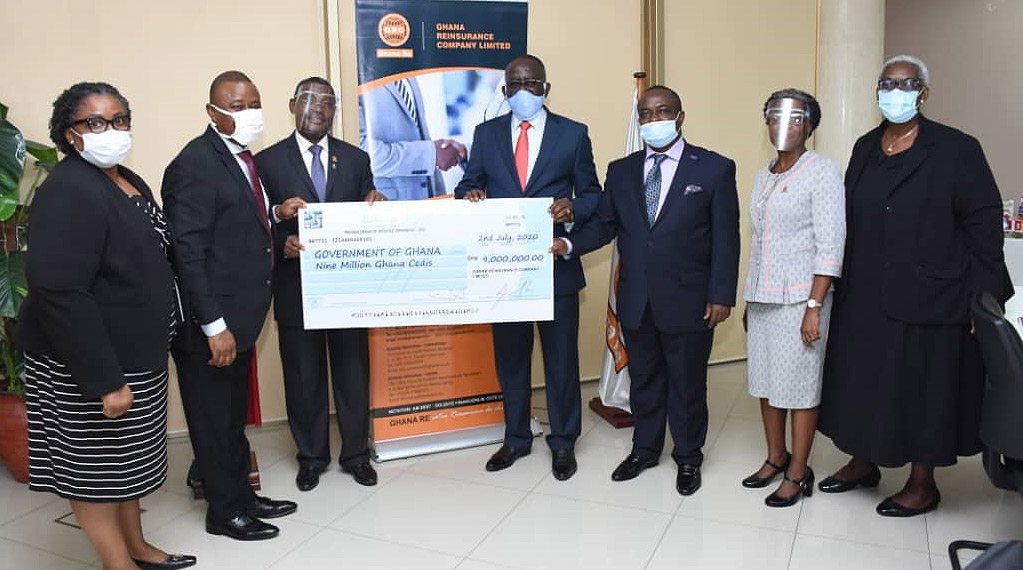12 private sector associations in Africa and Europe to develop automotive industry
A memorandum
of understanding (MoU) was signed virtually between 12 Automotive Associations
within the ambit of the EU – Africa Business Forum 2022 on 16 February with the
aim of driving the development of the Automotive Industry in Africa.
The Automotive
sector whilst key for the industrialisation of Africa is often associated with
several challenges including, persistent market fragmentation, lack of
regulatory alignment between African countries and the two continents,
industrial and trade policies not conducive to local and foreign investment,
lack of access to finance for consumers, local suppliers, and affordability.
However
intra-African trade can be bolstered and diversified by developing a Pan
African Auto Pact, which aims to expand the African new vehicle market from 1
to 5 million units and connecting African regions for the common good. A
“coalition of the willing” will see the development of manufacturing sites and
allied industries and services – both for the OEM and supplier sector - and
thereby laying the foundation for Pan-African integrated automotive value
chains which will incorporate neighboring countries, thus building a regional
and continental production network
The launch of
the African Continental Free Trade Area (AfCFTA) gives a boost to pan-African
trade and investments opportunities, especially for the automotive industry and
creates the momentum to stimulate a European-African dialogue between policy
makers and important stakeholders. This was one of the catalysts that led to a
joint initiative to develop an MOU amongst European and African Automotive
Associations, which initially driven by the African Association of Automotive
Manufacturers (AAAM), the German Association of the Automotive Industry (VDA)
and the German-African Business Association (Afrika-Verein) has now grown into
a cooperation between 12 Associations which signed the MOU, which has the
support of both the African Union and the European Union.
The MOU
encourages enhanced dialogue contributing to the development of a joint plan to
grow the automotive sector in Africa, through integration into the global and
European value chains resulting in quality jobs. Whilst encouraging a favorable
investment climate to support market integration and innovation and the joint
creation of models of standardization, harmonisation and safe mobility.
Furthermore, it is intended to advance the debate about sustainability whilst
considering alternative powertrains and digital solutions and to further
develop affordable mobility solutions leading to a viable African vehicle
market.
The MOU
commits the 12 organisations to work jointly on seven 7 key priorities, which
are: -
The setting-up
of a permanent round table between the AU, EU, and industry associations in
line with the spirit of an established European-African Business Network that
will foster the dialogue between Africa and Europe.
To request the
EU and African countries Governments to pursue trade initiatives through the
implementation of existing agreements to increase business opportunities and
further expand EU-Africa trade in automotive products.
It also
commits to advance the integration of African companies into the global value
chains and to support the building of the necessary infrastructure and
logistics. This will include investment and growth opportunities provided for
EU companies partnering with African companies and will result in supply chains
being more easily accountable.
The MOU further
calls on the EU to enhance its support for the implementation of the African
Continental Free Trade Area in view of favouring Africa’s industrialisation and
the expansion of the African automotive market.
Importantly
the MOU calls for governments to support knowledge transfer, provide financial
resources and give political priority in establishing a pan-African production
and trade system that will reinforce and expand existing African automotive
value chains.
Lastly it
encourages the EU to support financially the development of sustainable and
smart mobility and affordable vehicle financing solutions to increase the
mobility of the population in African cities and support therefore
infrastructure development.
Whilst also
calling on public authorities to provide programs and financial support for
research on alternative powertrains and the value chain of green technology
solutions in Africa.
Commenting after the signing of the MOU, David coffey the CEO of AAAM said "The trade and investment climate in Africa can only be improved together. We are convinced that Africa has great potential to develop a promising automotive industry that will provide long-term employment. The fact that African and European associations have agreed on key points to further develop the industry on the continent is an important milestone. Now political representatives are to support this by creating the framework conditions for the industry to develop and grow".




Comments
Post a Comment